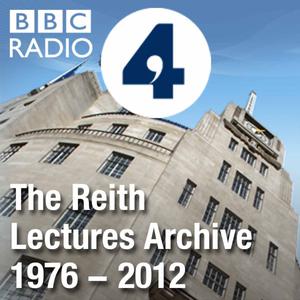
The Reith Lectures: Archive 1976-2012
BBC
Series of annual radio lectures on significant contemporary issues, delivered by leading figures from the relevant fields
- 57 minutes 1 secondCivil and Uncivil Societies
The historian Niall Ferguson examines institutions outside the political, economic and legal realms, whose primary purpose is to preserve and transmit particular knowledge and values. In a lecture delivered at the Royal Society of Edinburgh, he asks if the modern state is quietly killing civil society in the Western world? And what can non-Western societies do to build a vibrant civil society?
Producer: Jane Beresford.
10 July 2012, 8:30 am - 53 minutes 13 secondsThe Landscape of the Law
The historian Niall Ferguson delivers a lecture at Gresham College in the heart of legal London, addressing the relationship between the nature of law and economic success. He examines the rule of law in comparative terms, asking how far the common law's claims to superiority over other systems are credible. Are we living through a time of creeping legal degeneration in the English-speaking world?
Producer: Jane Beresford.
3 July 2012, 8:30 am - 52 minutes 58 secondsThe Darwinian Economy
The eminent economic historian Niall Ferguson travels to the world's financial centre to deliver a lecture at the New-York Historical Society. He reflects on the causes of the global financial crisis, and argues that many people have drawn erroneous conclusions from it about the role of regulation. Is regulation, he asks, in fact "the disease of which it purports to be the cure"? Producer: Jane Beresford.
26 June 2012, 8:30 am - 53 minutes 4 secondsThe Human Hive
The eminent economic historian Professor Niall Ferguson argues that institutions determine the success or failure of nations. In a lecture delivered at the London School of Economics and Political Science, he says that a society governed by abstract, impersonal rules will become richer than one ruled by personal relationships. The rule of law is crucial to the creation of a modern economy and its early adoption is the reason why Western nations grew so powerful in the modern age.
But are the institutions of the West now degenerating? Professor Ferguson asks whether the democratic system has a fatal flaw at its heart. In the West young people are confronting the fact that they must live with the huge financial debt generated by their parents, something they had no control over despite the fact that they were born into a democracy. Is there a way of restoring the compact between different generations?
Producer: Jane Beresford.
19 June 2012, 8:30 am - 53 minutes 22 secondsEliza Manningham-Buller: Freedom
In this third and final Reith lecture the former Director General of the security service (MI5), Eliza Manningham-Buller, discusses policy priorities since 9.11. She reflects on the Arab Spring, and argues that the West's support of authoritarian regimes did, to some extent, fuel the growth of Al-Qaeda. The lecture also considers when we should talk to "terrorists".
20 September 2011, 8:30 am - 42 minutes 20 secondsEliza Manningham-Buller: Security
The former Director-General of the Security Service (MI5), Eliza Manningham-Buller gives the second of her BBC Reith Lectures 2011. In this lecture called " Security" she argues that the security and intelligence services in a democracy have a good record of protecting and preserving freedom.
13 September 2011, 8:30 am - 42 minutes 28 secondsEliza Manningham-Buller: Terror
The former Director-General of the Security Service (MI5), Eliza Manningham-Buller gives the first of her BBC Reith Lectures 2011 called " Terror." On the tenth anniversary of the attacks on the United States on September 11th she reflects on the lasting significance of that day. Was it a "terrorist" crime, an act of war or something different?
6 September 2011, 8:40 am - 42 minutes 20 secondsAung San Suu Kyi: Dissent
The pro-democracy leader, Aung San Suu Kyi, examines what drives people to dissent in the second of the 2011 Reith Lecture series. 'Securing Freedom'.
Reflecting on the history of her own party, the National League for Democracy, Aung San Suu Kyi, examines the meaning of opposition and dissident. She also explains her reasons for following the path of non-violence.
5 July 2011, 8:40 am - 53 minutes 38 secondsAung San Suu Kyi: Liberty
The Burmese pro-democracy leader, Aung San Suu Kyi, explores what freedom means in the first of the 2011 Reith Lecture series, 'Securing Freedom'.
Reflecting on her own experience under house arrest in Burma, she explores the universal human aspiration to be free and the spirit which drives people to dissent. She also comments on the Arab Spring, comparing the event that triggered last December's revolution in Tunisia with the death of a student during a protest in Burma in 1988.
28 June 2011, 8:15 am - 41 minutes 54 secondsThe Runaway World
THE REITH LECTURES 2010 4. The Runaway World
In the last Reith Lecture of 2010, Martin Rees, President of the Royal Society and Astronomer Royal, explores how fast our world is moving in the 21st century. Speaking at the Open University in Milton Keynes, the home of online learning, he acknowledges how the internet and other technologies have transformed our lives. Now he calls on politicians and other authorities to provide the funding that will keep the UK among the world's front runners in scientific research and discovery. Without money and without education to attract young people into science, the UK is in danger of falling behind China and other countries in the Far East that are investing heavily in their science and technology sectors. Professor Rees ends his series of lectures evoking memories of the 'glorious' Ely Cathedral, near Cambridge, a monument built to last a thousand years. If we, like the cathedral builders, redirect our energies and focus on the long-term, he believes together we can solve the problems that face our planet, and secure its future for billions of people worldwide and for generations to come. Producer: Kirsten Lass Editor: Sue Ellis.
22 June 2010, 8:40 am - 41 minutes 45 secondsWhat We'll Never Know
3. What We'll Never Know
In the third of this year's Reith Lectures, recorded at the Royal Society during its 350th anniversary year, its President Martin Rees continues to explore the challenges facing science in the 21st century. He stresses there are things that will always lie beyond our sphere of comprehension and we should accept these limits to our knowledge. On the other hand, there are things we've never even dreamt of that will one day be ours to explore and understand. The outcome of the quest for alien life will revolutionise our sense of self in the next two decades. But some things -- like travelling back in time -- will never happen.
15 June 2010, 8:45 am - More Episodes? Get the App
Your feedback is valuable to us. Should you encounter any bugs, glitches, lack of functionality or other problems, please email us on [email protected] or join Moon.FM Telegram Group where you can talk directly to the dev team who are happy to answer any queries.
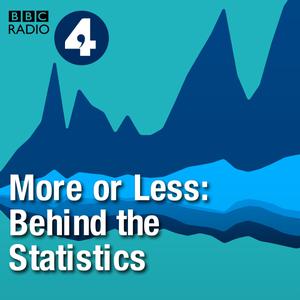 More or Less: Behind the Stats
More or Less: Behind the Stats
 Discovery
Discovery
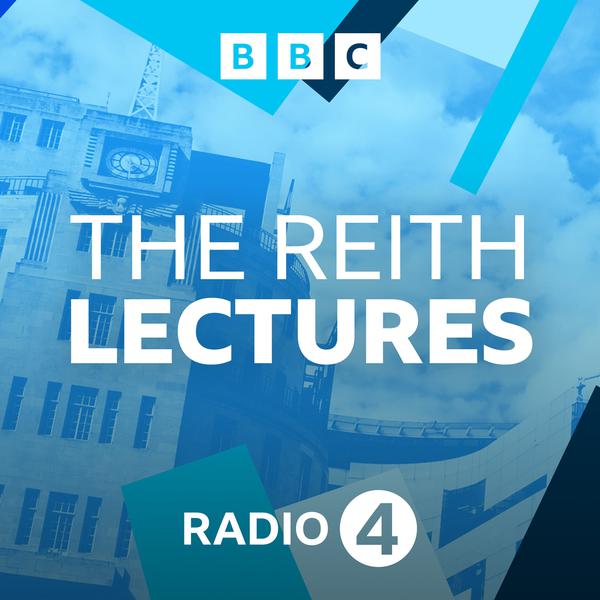 The Reith Lectures
The Reith Lectures
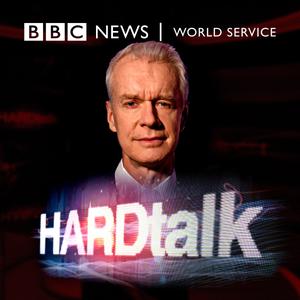 HARDtalk
HARDtalk
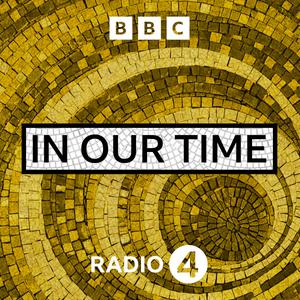 In Our Time
In Our Time